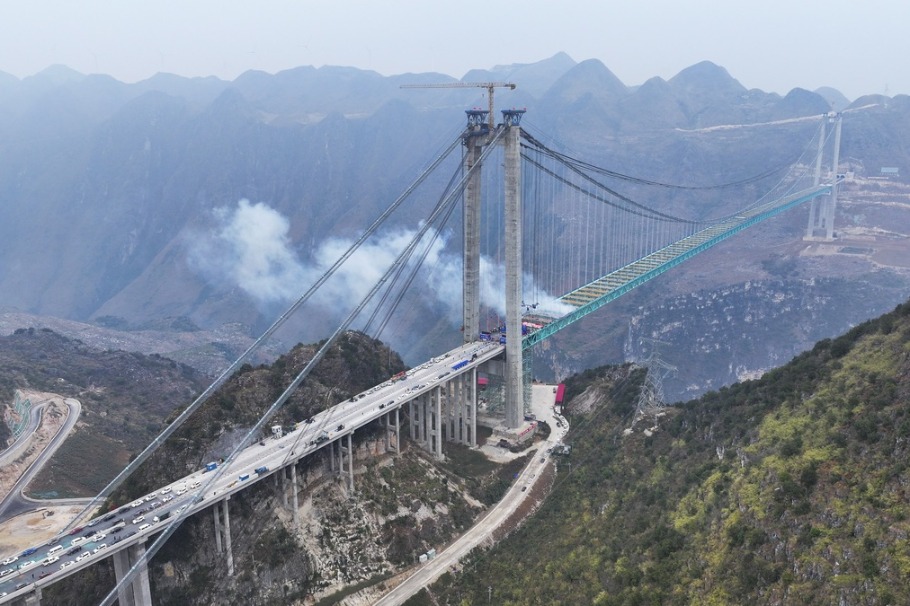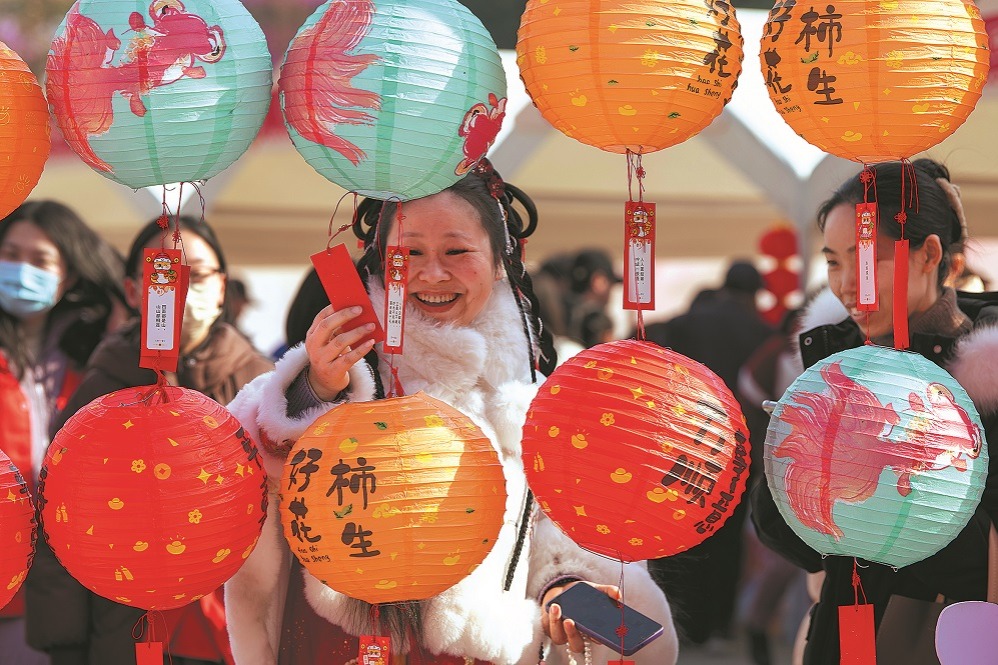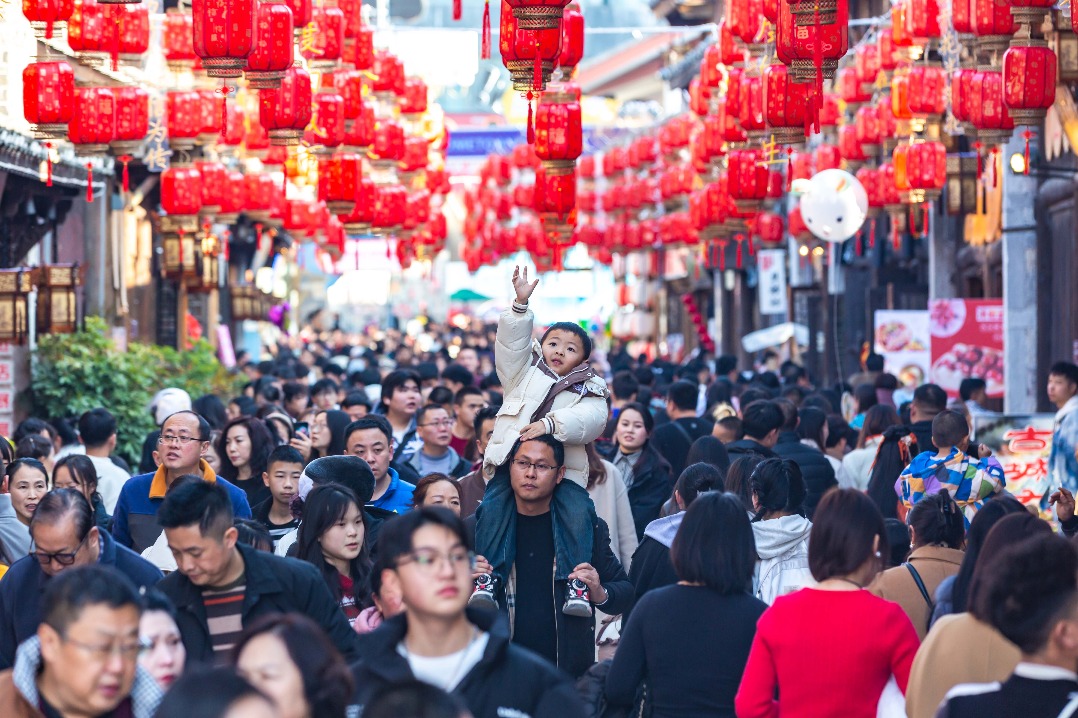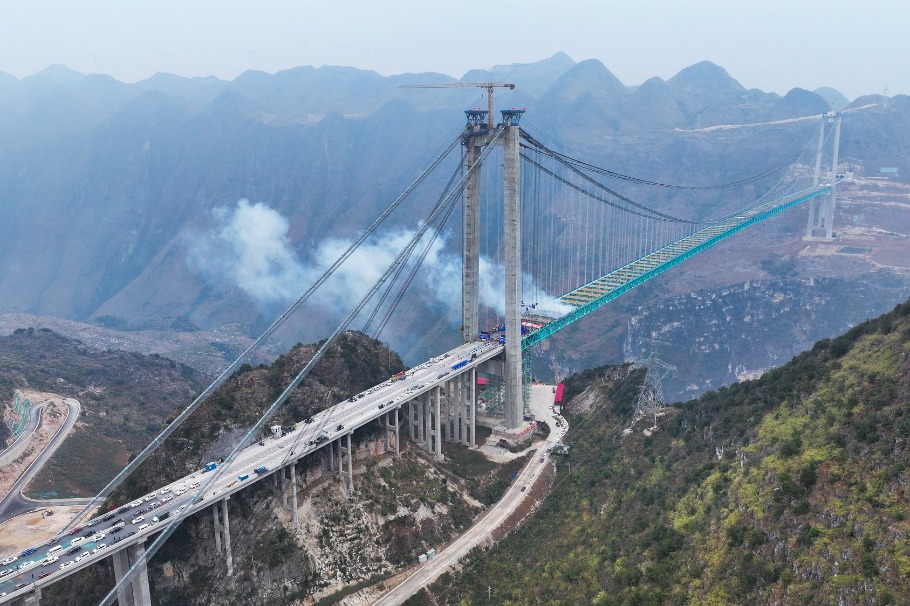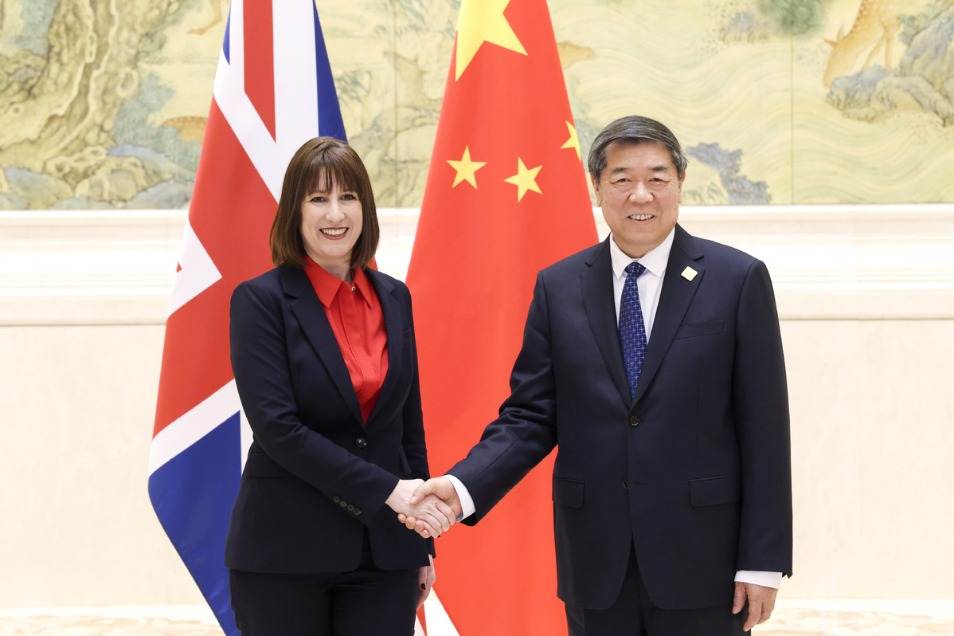Washington's liaisons dangerously imprudent: China Daily editorial

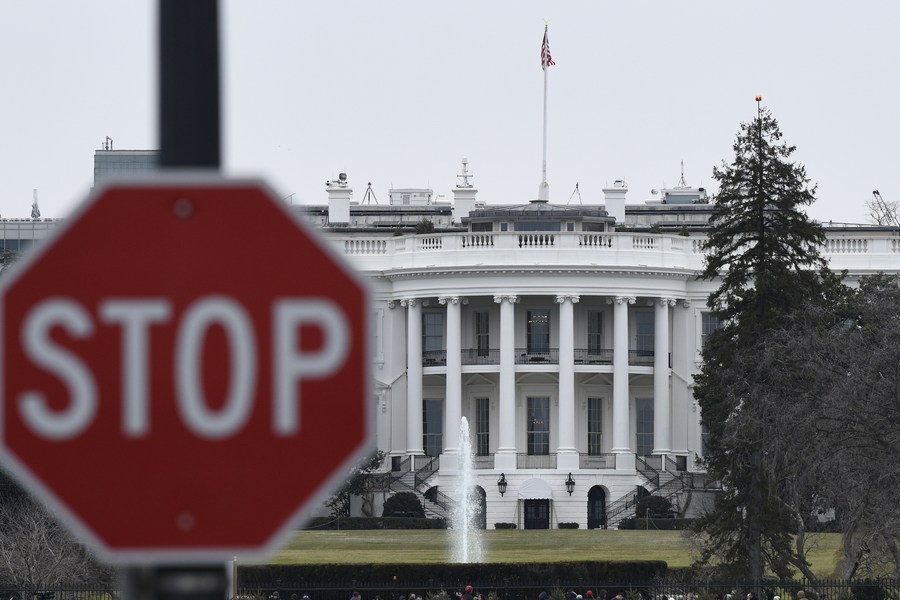
Relations between China and the United States are in a very bad shape now. Perhaps the worst they have been since diplomatic relations were established in 1979.
Since then, never have both the Democratic and Republican parties and both chambers of the US Congress been so united against China. And US lawmakers have never been so unanimous when it comes to any motion targeting China.
The relationship has obviously crossed some kind of Rubicon, and may never go back to where it was pre-2018. But that is why this relationship, no matter how people evaluate it within today's paradigm, needs special circumspection. The harmful potential of a confrontational China-US relationship are readily imagined. Differences must be managed well to prevent them from getting out of control, and potential flashpoints need to be handled with all due care and attention.
Yet some people in Washington clearly don't want a well-managed China-US relationship. Knowing full well that Taiwan is the most sensitive topic in bilateral ties, they're repeating an old trick to try and project an "independent" status for the island.
After the US president signed into law a legislative bill urging the secretary of state to help Taiwan regain "observer" status at the World Health Assembly, they are pressing the World Health Organization for Taiwan's presence at next week's 75th session.
Whether Taiwan is allowed to take part without Beijing's endorsement is a test of the WHO's commitment to the United Nations Charter and international conventions.
There are effective arrangements in place for the Taiwan health authorities to participate in professional and technical activities held by the WHO, and obtain and report epidemic information. And the central government has previously made special arrangements for Taiwan's participation in the WHA, under the precondition that it upholds the one-China principle, as was the case from 2009 to 2016.
Given that the Tsai Ing-wen administration refuses to accept that premise, Beijing cannot endorse its participation in the WHA, and it has urged the US to adhere to the one-China principle and refrain from helping the Taiwan secessionists expand the island's so-called "international space", warning that otherwise it will cause further damage to China-US relations and further undermine peace and stability across the Taiwan Straits.
US State Department spokesman Edward Price reiterated just last Wednesday that the US doesn't support Taiwan independence. But the move regarding the island's WHA presence is clearly another attempt to push the envelope on that crucial principle the two governments agreed on.
It is critical that Washington is prudent when it comes to Taiwan-related issues lest it make a disastrous miscalculation by emboldening the Taiwan secessionists to do something reckless.


















